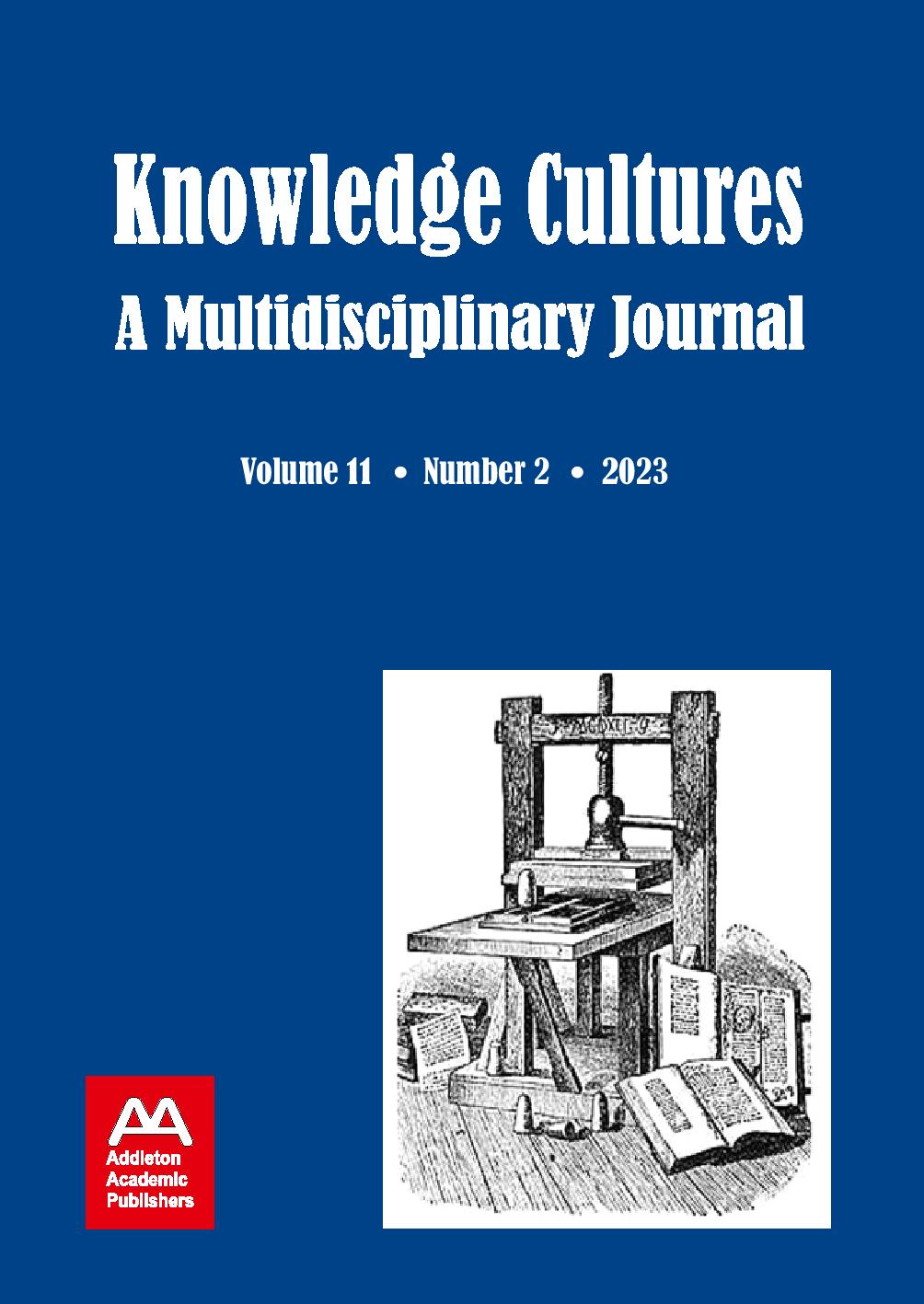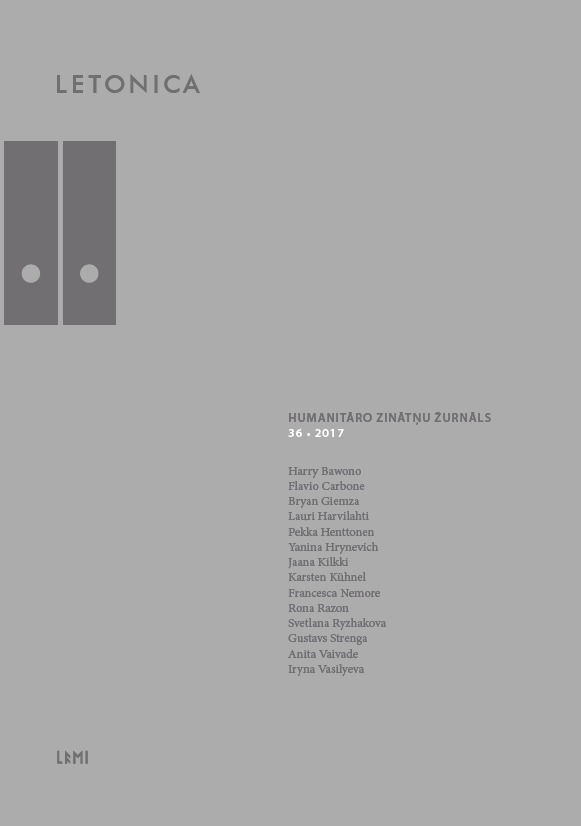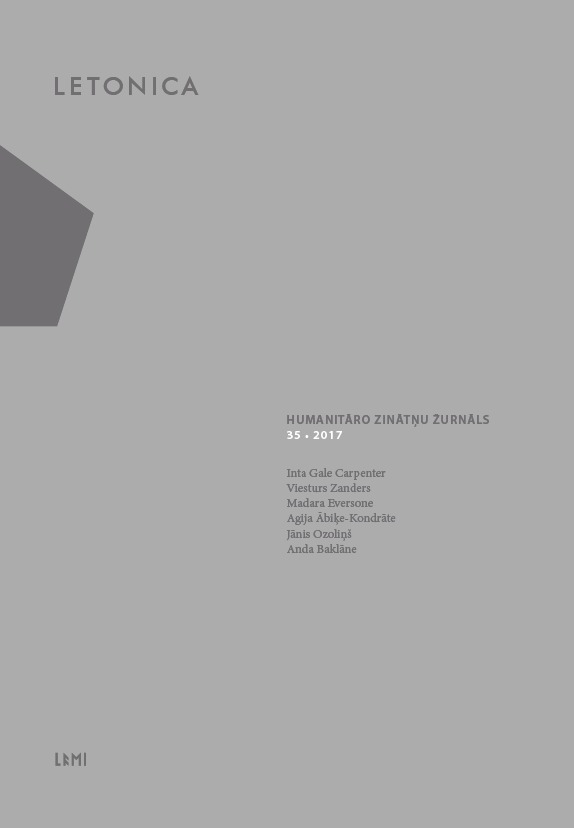
Academics as Educators: Subjectivity-Centric Practice in Higher Education
Academics as Educators: Subjectivity-Centric Practice in Higher Education
Keywords: educators; subjectivity; responsibility; encounter; ethical praxis; Levinas;
Educating contains features distinct from teaching and learning. This paper sets out a case for this statement based on concerns Gert Biesta raises about the limitations of the learning focus in contemporary higher education. It is argued that it is important for academics to think of themselves as educators in contrast to being teachers, lecturers and subject experts. Educators have a crucial role in creating encounters where their and students’ subjectification is exercised. This calls for a subjectivity-centric focus in academic practice, in contrast to some existing practices that are utility-driven with a deep emphasis on subject content and outcomes-based learning. Highlighting this way of thinking about education moves in line with the emerging commitment in higher education to address selfhood qualities in graduate attributes. It is shown how Emmanuel Levinas’s ideas on responsibility, vulnerability and newness can be adopted as a praxis to inform thinking about educational practice along these lines. Such a praxis is intended to prompt teachers to think reflexively about their identity as educators with interest in enabling subjectivity-centric encounters.
More...

